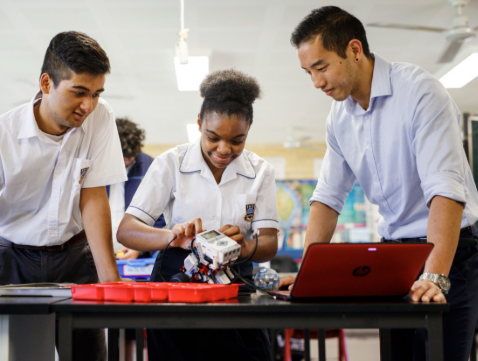Inclusive learning strategies in higher education are essential for creating environments where all students feel valued, supported, and empowered to succeed. These approaches recognize the diverse backgrounds, learning styles, and needs of students, and aim to provide equal access to educational opportunities across the board.
One of the key principles of inclusive education is Universal Design for Learning (UDL). UDL encourages educators to design course materials and assessments that accommodate various learning preferences. This might include offering content in multiple formats—such as videos, written texts, and interactive modules—to support different ways of processing information.
Flexible assessment methods also promote inclusivity. Allowing students to demonstrate their knowledge in varied formats—such as presentations, written reports, or group projects—can accommodate individual strengths and reduce barriers to success.
Inclusive classrooms prioritize accessibility. This involves ensuring that physical spaces, digital platforms, and learning materials are usable by all students, including those with disabilities. Many institutions provide resources such as assistive technologies, captioned videos, and screen reader-compatible content to support accessibility.
Faculty development plays a vital role in fostering inclusive learning. Training programs on equity, cultural responsiveness, and inclusive pedagogy help instructors build awareness and implement practices that support all learners. Encouraging open communication and feedback can also lead to more responsive and inclusive teaching.
Collaborative learning environments contribute to inclusion by valuing each student’s input and encouraging teamwork. Group discussions, peer reviews, and cooperative assignments allow students from varied backgrounds to learn from one another, promoting mutual respect and shared understanding.
Support services such as academic advising, tutoring, and mental health resources further ensure that students have the tools they need to thrive. Outreach programs can also help identify and support students who may face additional challenges during their educational journey.
In conclusion, inclusive learning strategies are fundamental to student success in higher education. By embracing flexibility, accessibility, and diversity in teaching and support, institutions can create more equitable and enriching learning experiences for all students.














